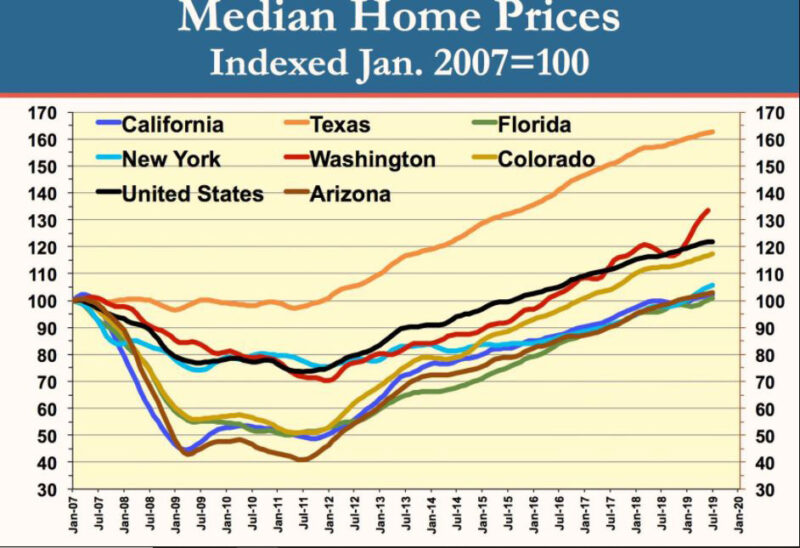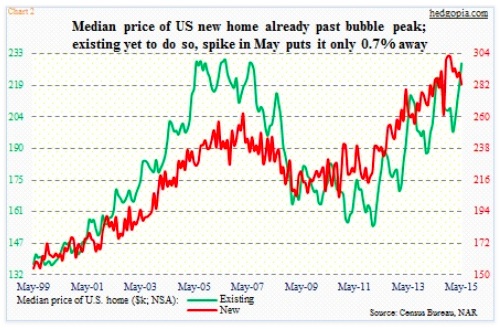Table of Content
- 'Our family hasn’t given up': Rally to mark six-year anniversary of Soleiman Faqiri's death at Ontario jail
- Montreal children die from Strep A infections as public health urges doctors to be vigilant
- Select a City
- What is the state of the Vancouver property market?
- Dignitaries, family and friends gather for funeral of Manitoba politician Jim Carr
- Crown wants 15 years without parole for Langley, B.C., man who killed family members
- Two U.S. towns declare rights for critically endangered southern resident killer whales
It’s hard to say, prices have been falling, but interest rates are projected to rise, which means prices could fall further. If you are buying your forever home and don't plan to sell for 10 years then the risks of buying now are lower. On the other end of the spectrum, Calgary had an income surplus of $40,297 CAD.

Drought risk is based on water stress, which estimates how much of the future water supply will be used for human purposes, like watering the lawn. Storm risk estimates how much climate change increases the chances of extreme precipitation, when a lot of rain or snow falls in a short time, including thunderstorms, snowstorms, and tropical cyclones. Heat risk estimates how much climate change might increase the typical number of hot days in a year and the likelihood of extreme heat and heatwaves. Zoocasa recently conducted a study of the best and worst North American cities for affordable housing and Vancouver came second worst.
'Our family hasn’t given up': Rally to mark six-year anniversary of Soleiman Faqiri's death at Ontario jail
Our goal is to improve your home ownership experience with better information, tools, and real estate professionals. The information contained in this report has been prepared by The Canadian Real Estate Association, in co-operation with the Vancouver Island Real Estate Board. The information has been drawn from sources deemed to be reliable, but the accuracy and completeness of the information is not guaranteed.

Nationally, the aggregate price of a home in Canada rose by 25.3 percent annually during the second quarter of 2021, amounting to $727,000. The price of a typical home increased, according to the industry’s composite benchmark price. REBGV reported the price of a “typical home” reached $1,036,000 in April, up 2.5% from last year. In the City of Vancouver, Vancouver East’s benchmark reached $1,102,600, up 3.7% from last year. Vancouver West’s benchmark price reached $1,291,900, down 4.1% over the same period.
Montreal children die from Strep A infections as public health urges doctors to be vigilant
Housing market information is provided by Altos Research, Inc. based on analysis of all active market properties for sale in the US in the preceding week. All analytics are copyright Altos Research and not affiliated with any MLS. "Our mission at WOWA.ca is to empower Canadians by providing accurate and intuitive financial tools & guides, along with market reports, so that everyone can make more informed financial decisions." As the covid pandemic started early in 2020, the Bank of Canada decided to fight the expected economic downturn forcefully. In addition to bringing their policy rate close to zero, the BoC went on a shopping spree.
Price indicators are all over the place though, with the slow moving benchmark showing the highest price growth in two years. However, the more volatile and responsive median sale price took a plunge on the month. All property types continued to see decreasing benchmark prices compared to last month.
Select a City
Allowing these huge Heloc loans on appreciated gains in housing prices to enable the owner to buy more houses and only paying interest only, has caused this house of cards. Any and all listing information presented on this website is not guaranteed to be accurate. The median rent for 1-bedroom apartments in West End is 14% higher than the median rent in Grandview-Woodland. As of December 11, 2022, the average rent for a 1-bedroom apartment in Vancouver, BC is $2,500. After breaking records during the pandemic, the Metro Vancouver benchmark apartment price is now falling. Based on a multi-factor analysis, Metro Vancouver is considered a moderately risky property market.
Prices of new homes have plateaued, and if they drop, some homebuyers might find they will have paid much more than the most recent buyers in their development. Based on economic fundamentals, it seems likely that they will begin to drop. Whereas many people want to buy a home, affordability is very low, and this is reflected in the number of successful purchases. Significantly fewer people can realize their homeownership dream in these market conditions. People planning to sell a home should consider moving more quickly because home values falling from all-time highs, and no one knows for certain when they will return to the previous peak. All information provided in this publication is for informational and educational purposes only, and in no way is any of the content contained herein to be construed as financial, investment, or legal advice or instruction.
Likewise, not a lot of enthusiastic buyers are needed to push prices higher. The real direction won’t be revealed until pandemic measures are lifted, and mortgage deferrals expire. At that point, we should see what a more long-term balance of buyers and sellers looks like. With falling demand, the median home price in Metro Vancouver in July 2022 was down by 14.4% compared to the tail end of the historic housing sales boom in February 2022, according to brokerage and search platform HouseSigma. Vancouver is considered as one of the most diverse cities in Canada and consistently ranked among the top cities for livability and quality of life. The city offers scenic natural environment mixed with urban amenities and economic opportunities that makes Vancouver one of the best places to live.
This represents a decline of 39.4%, when compared to the same month last year. This is the lowest number of sales for the month, going all the way back to 1982. Last month, the Bank of Canada hiked its interest rate to 2.5%, above forecasts by analysts, which squeezes the borrowing capacity of many potential homebuyers.
In addition to numerous recreational activities and wellness programs, Vancouver also has a vibrant nightlife scene, where countless of bars and nightclubs are open until 3am. The Granville Entertainment District in Downtown Vancouver is known for its vast assortment of bars and nightclubs, as well as restaurants, and urban adult oriented shoppes and entertainment. In terms of dining options, Vancouver is known as a true culinary destination that offers wide selection of quality and diversified food that will suits anyone's taste and budget. From street food stalls and family-run cafes, to waterfront seafood restaurants and wine bars, Vancouver's dining scene can give you the taste of the city’s multicultural diversity. For foodies, January is the great time to visit Vancouver specially during the Dine Out Vancouver Festival. It is a 17 day celebration of the city’s culinary scene, with special events, menus, tastings, workshops and classes.

Between February and July 2022, Coquitlam was the only regional submarket to see an increase in median home price — growing by 3.9% from $899,000 to $935,000. Vancouver’s median home price fell by 13.6% — from $1.063 million in February 2022 to $918,000 in July 2022. This year to date, the greatest declines were experienced in Delta, where the median home price fell by 24.7% from $1.625 million in February 2022 to $1.224 million in July 2022. This showcases that BC is in a rapidly changing marketplace, and prices are not acting uniformly across Greater Vancouver. However, vigilant buyers are likely to find more value as inventory levels continue to rise. The following graph shows the relationship of the prices of properties sold, and their respective listing price.

No comments:
Post a Comment